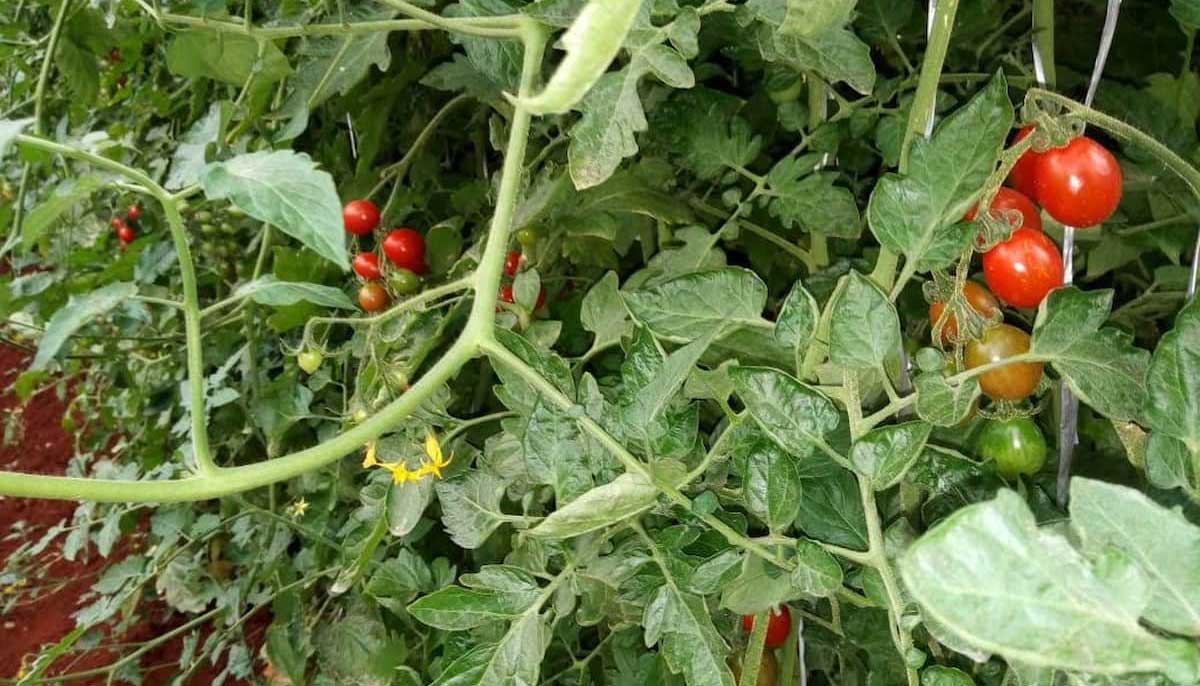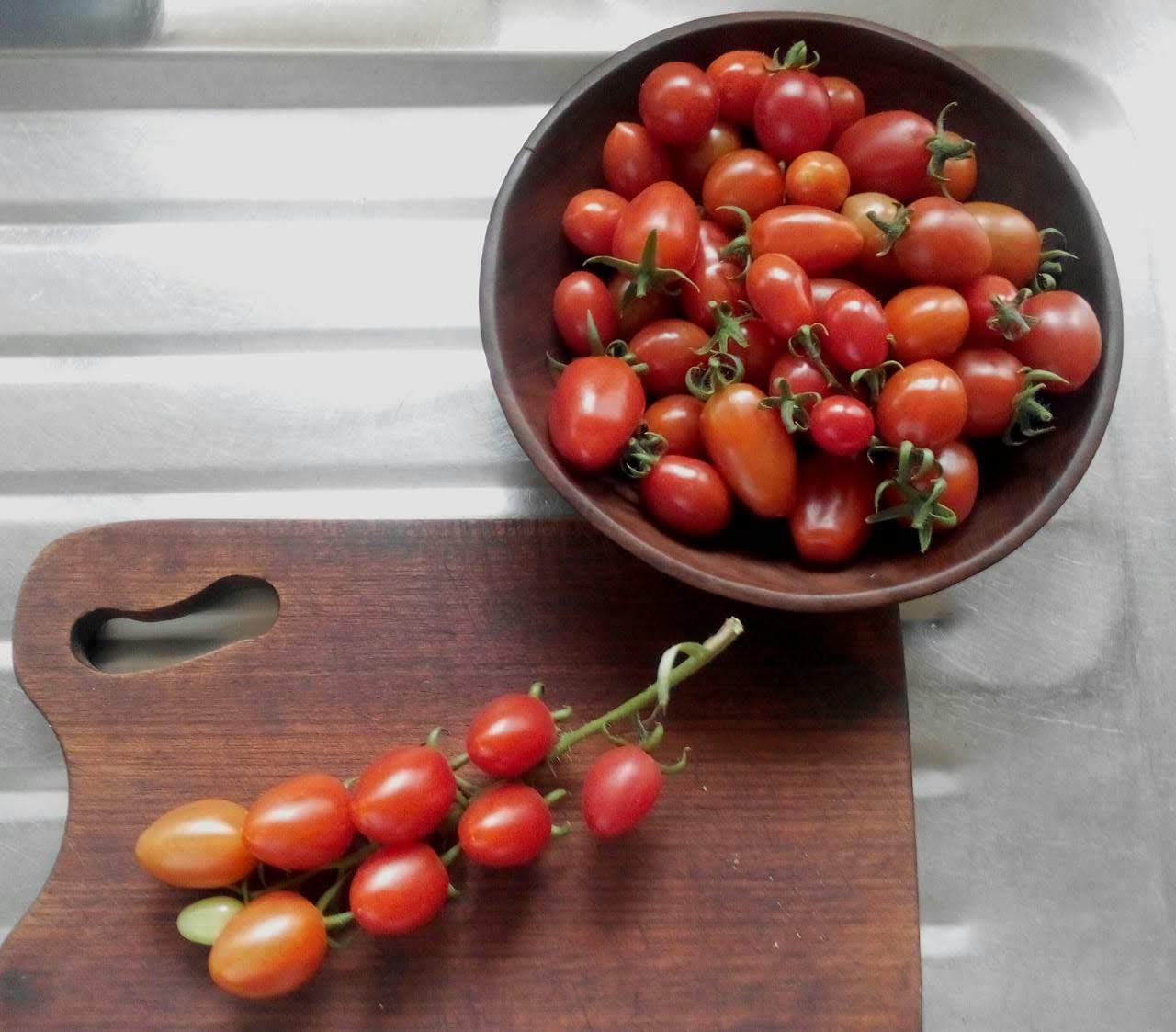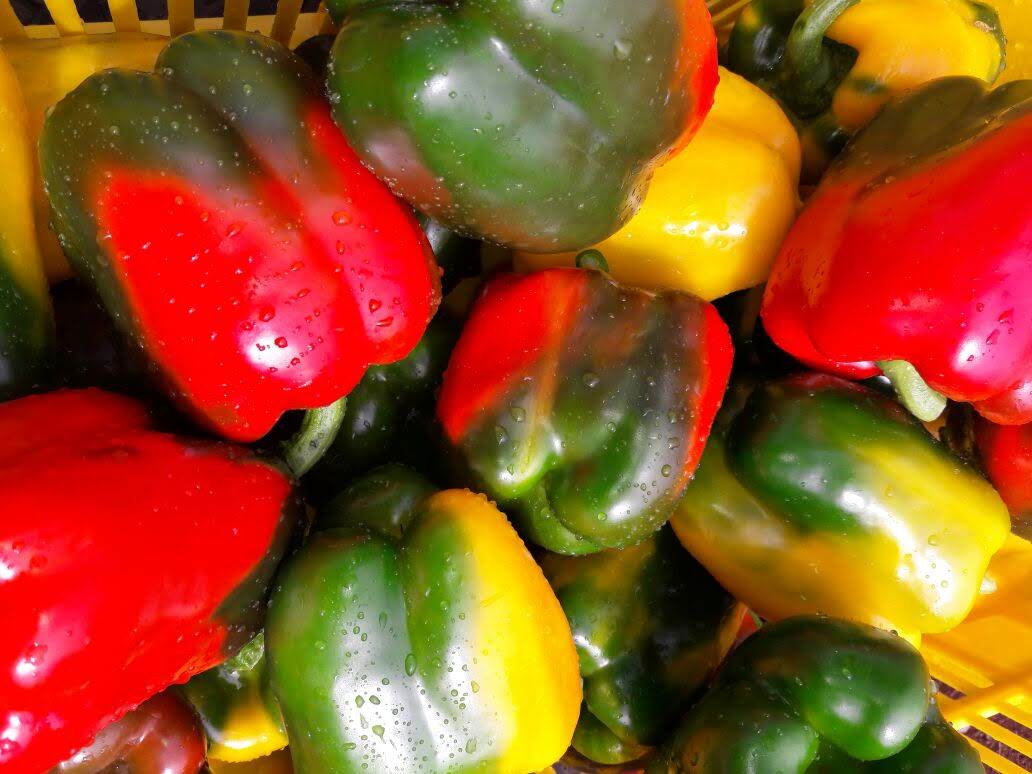Imagine stepping out into your garden and plucking fresh, ripe fruits, vegetables, and herbs to enjoy with your meals.
By incorporating edible plants into your landscape design, you can create a beautiful and productive outdoor space that not only enhances the aesthetics but also provides a sustainable source of fresh and healthy food. In Kenya, where agricultural practices and self-sufficiency are highly valued, integrating edible plants into your landscape offers numerous benefits.
This article explores the advantages of incorporating edible plants and highlights their positive impact on your environment, health, and overall well-being.
#1) Fresh and Nutritious Food
One of the primary benefits of incorporating edible plants is the availability of fresh and nutrient-rich food right in your backyard. Growing fruits, vegetables, and herbs allows you to harvest them at their peak, ensuring maximum flavor, nutritional value, and freshness. By consuming homegrown produce, you have direct control over the use of pesticides and can prioritize organic and sustainable farming practices, resulting in healthier food choices for you and your family.
#2) Cost Savings
Growing your own edible plants can significantly reduce your grocery bills. With the rising cost of food, cultivating a variety of fruits, vegetables, and herbs in your landscape can lead to substantial savings over time. By leveraging your outdoor space, you have the opportunity to grow high-value crops that are expensive to purchase, such as berries, exotic herbs, or heirloom vegetables, without the added cost.
#3) Environmental Benefits
Incorporating edible plants into your landscape design promotes environmental sustainability. By reducing your reliance on store-bought produce, you contribute to a lower carbon footprint and reduced transportation costs associated with importing fruits and vegetables. Additionally, cultivating edible plants encourages biodiversity, attracting pollinators like bees and butterflies, which play a vital role in maintaining ecosystem balance and enhancing overall garden health.
#4) Enhancing Landscape Aesthetics
Edible plants can be visually stunning and add an element of beauty to your landscape design. Fruit trees, such as citrus or mango, provide shade, color, and fragrance, while climbing vegetables, like beans or cucumbers, can create vertical interest. Integrating edible plants with ornamental flowers and foliage plants creates a dynamic and vibrant garden that combines functionality and aesthetics.
#5) Educational Opportunities
Involving children or even adults in the process of growing edible plants offers valuable educational experiences. From planting seeds to observing growth, understanding the needs of different plant varieties, and learning about the ecosystem, cultivating edible plants fosters a deeper connection to nature and promotes sustainable living practices. It provides an opportunity to teach sustainable food production, self-sufficiency, and healthy eating habits.
#6) Community Engagement
By incorporating edible plants into your landscape, you can inspire and engage your community. Sharing surplus harvests with neighbors, participating in local farmer’s markets, or organizing gardening workshops fosters a sense of community and strengthens the bond among neighbors. It encourages a culture of sharing, promotes healthy eating habits, and contributes to food security initiatives within your community.
#7) Therapeutic and Stress-Relieving Benefits
Gardening has been shown to have numerous therapeutic benefits, promoting mental well-being and stress reduction. Tending to edible plants allows you to connect with nature, engage in physical activity, and enjoy the rewarding process of nurturing and harvesting your own food. Gardening can provide a sense of accomplishment, relaxation, and a sanctuary away from daily stresses.
Conclusion
Incorporating edible plants into your landscape design in Kenya offers a multitude of benefits. From providing fresh and nutritious food, reducing grocery costs, and promoting environmental sustainability to enhancing the aesthetics of your outdoor space, educational opportunities, community engagement, and therapeutic benefits, edible plants offer a holistic and fulfilling experience. By embracing a”grow your own” mentality and incorporating edible plants, you can create a sustainable and rewarding garden that nourishes both your body and soul. So, why not transform your landscape into a bountiful haven that combines beauty and functionality while reaping the countless benefits of incorporating edible plants into your outdoor oasis in Kenya?





